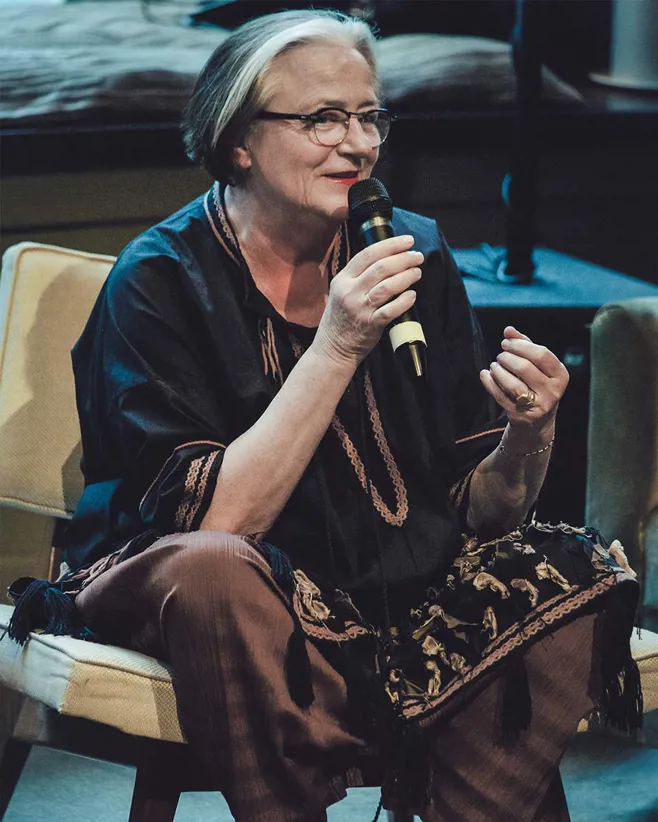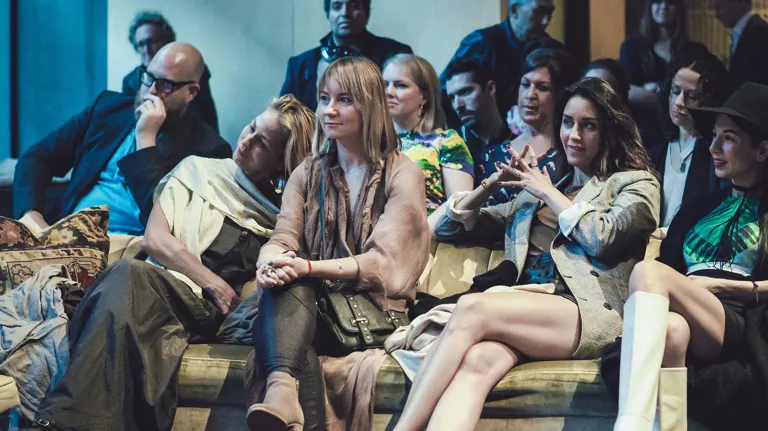Incubating future movements in travel and culture

Words Frankie WechslerImages Josh Aronson
Lidewij “Li” Edelkoort is one of the world’s most influential trend forecasters, traveling the world to research the evolution of socio-cultural movements and counseling major brands on her findings in industries as diverse as fashion, textiles, interiors, cars, cosmetics, retail and food. Her imprint can be seen across global capitalism, from the way Coca-Cola framed Sprite in connection with emerging youth architypes to how Nissan tapped into positive western perceptions of Japanese culture to build their identity abroad. Still perhaps best known for her “Anti-Fashion Manifesto,” which sent shock waves through the design world in 2015 with its contention that fashion had become obsolete, Edelkoort currently serves as the Dean of Hybrid Design at The New School in New York. We spoke to her in advance of her participation in Further New York: The Dawn of Re-engagement at NeueHouse in New York to talk about some of her latest findings.
What have you been working on recently?
I’m resolutely going into spiritual mode. I’ve been exploring different faiths, most very ancient, but often still important today. I’m exploring them, not out of religious fervor, but out of a need to find meaning and a need to find new attitudes, a need to rethink the way we live together, and a need to change the world. Because every day it’s more clear to me that there is going to be a big choice in our lives, which is about whether we want to survive as a species or not. I think we are addressing the problem, but not yet completely.
How do you apply your research in the realm of spirituality to design?
In my study of spiritual paths, I think the most interesting one is animism, which is the belief that there is a soul in everything there is: a soul in pebbles, in moss, in rivers, in shadows, in words. So that means you have to have respect for every single thing. If you are creating a dress, you have to have respect for the yarn and the needle, the fabric, the history, the expression. If you create a hotel, you must have respect for the concrete, the doors, not just for the food and for the music. You want to consider plants. Basically it means we need to reconsider almost everything we do. There’s a very strong strain of this in anthropology and in philosophy— the concept that hard materials are living and do have a soul, and therefore the plundering of the earth cannot continue. I’m an atheist, you need to understand. Not even a New Ageist. I don’t meditate. I don’t do yoga. I am coming to these convictions through my research

“If you are creating a dress, you have to have respect for the yarn and the needle, the fabric,the history, the expression.”
Li Edelkoort, Dean of Hybrid Design, The New School
When I watch European talk shows, I see there is a birth of a new morality, the way people are speaking about abuse, about power, on excess of money. I think it’s important that we work very actively on the way we treat matter and the way we make our choices. The whole design process should be a bit more careful. We can’t just make sample after sample. We have to streamline thought, to take more time in the conceptual period, so that we win time and care in the completion period. We need to be more flexible, more creative, more nomadic, more able to improvise.
